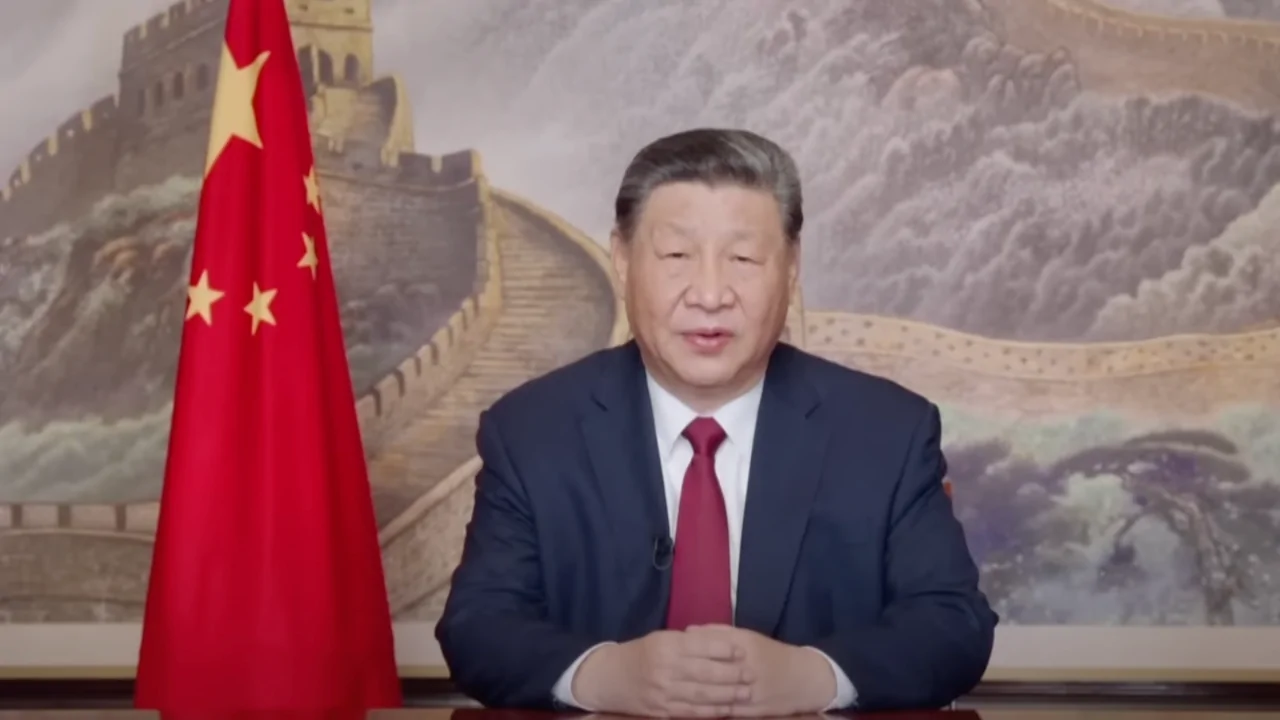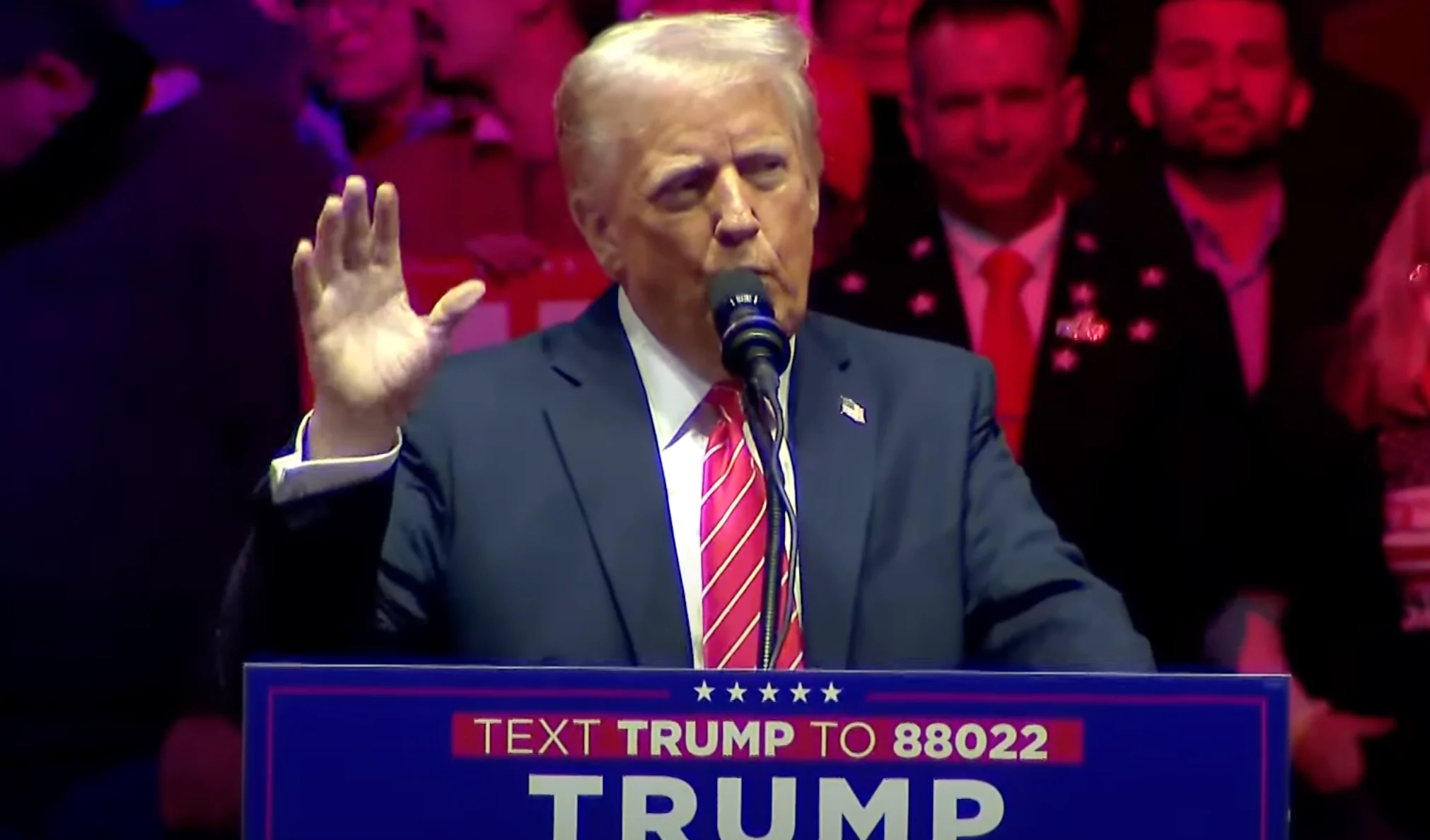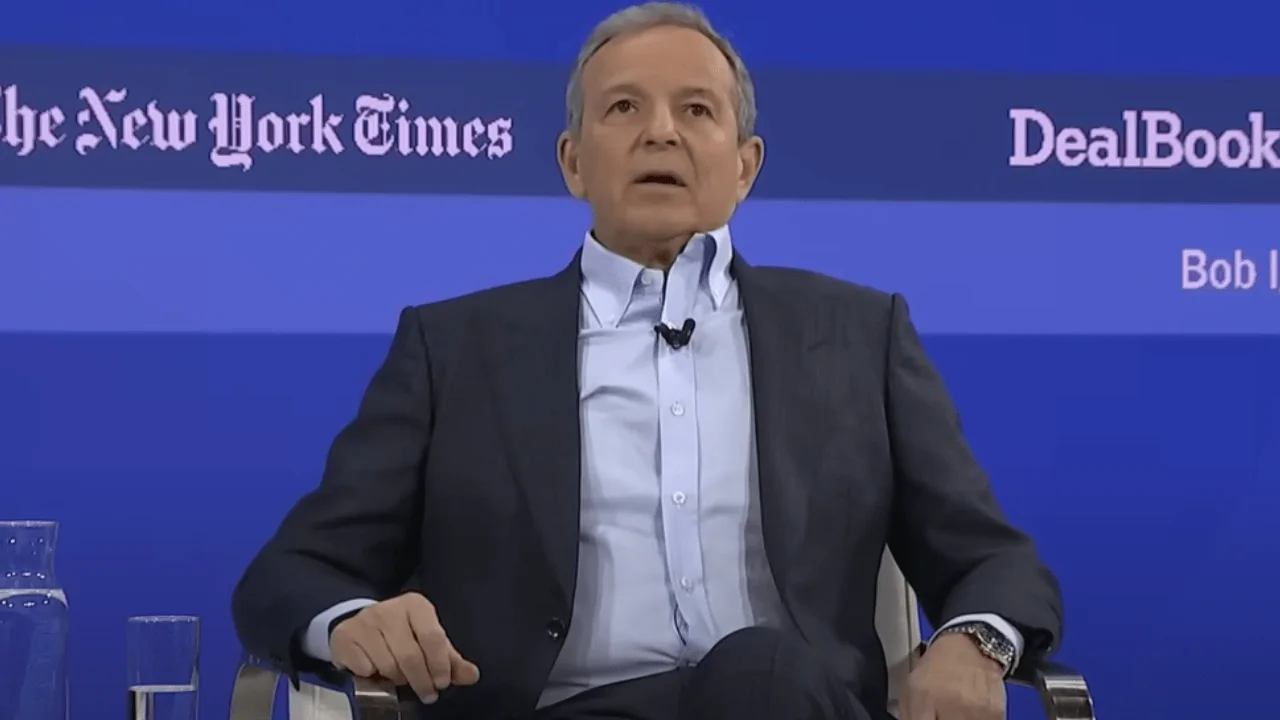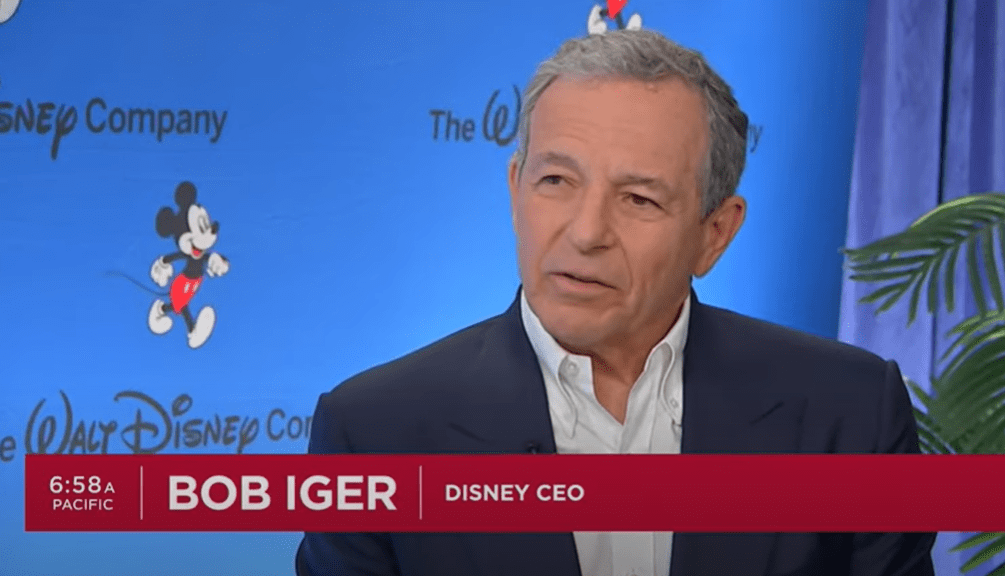
Hollywood may finally be paying the price for its years of one-way compromise with China.
Reports coming from Beijing indicate that the Chinese Communist Party may soon prohibit the screening of American Hollywood films in their cinemas, as a countermeasure to President Donald Trump’s rise in tariffs on all Chinese imports. If enforced, this ban could potentially result in Hollywood losing more than half a billion dollars yearly and significantly alter the global entertainment industry.
But this isn’t just economic warfare. It’s cultural.
Tariffs, Retaliation, and the Collapse of Cooperation
The U.S.-China trade dispute is no longer a threat on the horizon—it’s happening in real time.

On April 2nd, 2025, President Trump officially declared an economic crisis nationwide and unveiled significant new taxes on products brought in from overseas. This broad policy encompasses a starting rate of 10% for all imported items, but the focus is clearly on: China.
Goods imported from Beijing are subject to a 34% tariff specifically applicable to that country, increasing the overall tax to 54% on Chinese products. This increased rate will be implemented starting April 9.
But Trump isn’t stopping there.
On April 7, during a speech, the President cautioned that if China does not retreat from its counterattack warnings, an extra 50% tax will be added to the current increases, bringing the total cost of Chinese imports to significantly more than double (over 100%). This could ultimately disrupt the usual trade relationship between these two significant economies.

Beijing is already signaling how it plans to strike back.
Chinese government officials have criticized the tariffs as “economic extortion” and promised retaliation with “equivalent actions.” Some of these responses are anticipated to target agriculture and technology sectors, but one potential move causing significant debate is the possibility of banning American movies—a cultural blow intended to cause harm not only economically, but also symbolically.
2024 saw Hollywood movies generating approximately $585 million at the Chinese box office, although this was a decrease compared to previous years. Nevertheless, this income continues to be indispensable for major film studios’ financial health. A ban on these films would not only mean losing hundreds of millions annually; it also implies that China may no longer view Hollywood as a valuable ally in the movie industry.

On prior occasions, China has limited access due to political disagreements. However, the latest action is on a much broader scale. If Hollywood were to completely withdraw from China, it would signal the complete disintegration of a tenuous alliance—one that Hollywood had nurtured for decades through self-censorship, accommodation, and cultural concessions.
Now China is making it clear: access is not a right. It’s leverage.
Hollywood’s Willing Compromises
Over the past 10 years or so, Hollywood has made numerous adjustments to cater to Chinese preferences. Movies such as “Iron Man 3” and “Transformers: Age of Extinction” included extra scenes for Chinese viewers. The scripts underwent thorough checks to eliminate potentially sensitive content. Even minor details like maps, flags, and casual remarks were modified to clear China’s censorship regulations.
It wasn’t about storytelling—it was about ticket sales.
Film studios quickly realized that provoking Beijing could lead to complete censorship, so they chose caution instead. They eliminated mentions of Taiwan, Tibet, and Tiananmen Square. They also avoided creating Chinese villains and introduced positive Chinese characters or government officials in joint productions. Some even agreed to abide by censorship rules in foreign markets to maintain China’s favor.
No one bent harder than Disney.

Disney’s connection with China has often required navigating a delicate balance between pursuing financial opportunities and upholding ethical principles.
In 2015, promotional materials for “Star Wars: The Force Awakens” in China minimized the visibility of lead actor John Boyega, who plays a significant character. This move, intended to address potential racial sensitivities in China, caused an uproar worldwide.

On Chinese posters for “Black Panther,” Disney opted to display masked images of Chadwick Boseman instead of the unmasked portrayal seen in international versions, showcasing a significant difference and highlighting the late actor more subtly.
Then there’s Mulan.
The movie was shot in Xinjiang, a region where allegations of severe human rights violations against Uighur Muslims by the Chinese government have surfaced. Interestingly, Disney chose to overlook these accusations and instead, express gratitude towards Chinese police and propaganda departments within the credits. Among them was the Turpan Municipal Bureau of Public Security, an entity directly linked to the internment system.
The backlash was immediate—but Disney stood firm, defending its decision.
These occurrences are not standalone events; instead, they reflect an ongoing trend characterized by prioritizing profits over principles, with tacit endorsement from Beijing playing a significant role in their production.
China’s Booming Film Industry Doesn’t Need Hollywood Anymore
But while American studios chased Chinese favor, China built its own cinematic empire.
For the last five years, movies such as “The Battle at Lake Changjin”, “Wolf Warrior 2” and “Ne Zha” have been consistently popular in China’s box office, taking the top spots. With financial support from the state, a focus on nationalist themes, and control over media content, these films resonate with audiences by delivering narratives that align with Communist Party of China messaging – and they’re doing extremely well.
In the year 2023, Chinese movies produced domestically captured more than 80% of the box office earnings in China. The interest in American content is dwindling, not solely due to political reasons, but because China now provides its own cinematic heroes.
“Captain America Must Die” – A Cultural Flashpoint
This cultural shift is particularly evident through the unusual yet meaningful phrase: ‘Captain America 4 should perish in China.’
As a passionate cinephile, I was buzzing with excitement when Marvel announced “Captain America: Brave New World” would hit screens around the same time as the Chinese animated sequel “Ne Zha 2.” But then, nationalist fervor on social media ignited, with fans of “Ne Zha” urging a boycott of the American superhero film. They were adamant that it should flop at the Chinese box office.

One popular remark encapsulated the sentiment: “I don’t mind if Ne Zha 2 thrives abroad, but Captain America 4 should meet its end in China.
As a passionate film enthusiast, I can’t help but express my perspective: It wasn’t merely an outpouring of fandom; it was a clash of cultures. A call for Western tales to yield ground to those rooted in nationalism. A desire for Chinese narratives to outshine imported ideals.
And for many in China, this wasn’t political—it was personal.
China Has No Loyalty to Hollywood
As a devoted cinephile, I must express my thoughts on this potential move from China. If it indeed materializes, it’s a strategic maneuver aimed not only at Washington but also squarely at Hollywood. It serves as a stark warning that the Chinese Communist Party is well-versed in identifying our cultural sensitive spots, and they’re prepared to exert influence.
Over the past few decades, I’ve noticed a pattern in Hollywood – they’ve been eagerly accommodating China, by modifying movies, adding Chinese actors or settings, and self-censoring to keep Beijing happy. But now it seems like a game of cat and mouse. The regime offers access as an enticing carrot, only to use it as a punishing stick when they’re displeased. Recently, John Cena found himself in hot water with Beijing after he referred to Taiwan as a country, and the Communist Party retaliated by pulling his upcoming film from theatres. To make matters worse, Cena issued an apologetic video in Mandarin. Yet, even this humble submission didn’t prevent the movie from being screened. This incident underscores the delicate dance that Hollywood has to perform with China – a dance between creativity and political correctness.
Looking at it strictly from a strategic perspective, this move can be seen as a shrewd power play. The film industry, particularly Hollywood, has been struggling, and China is well aware of this. Traditional box office revenue isn’t the gold mine it once was, streaming services have become battlegrounds, and American audiences are increasingly disinterested in politically charged or oversized blockbusters. Withholding over half a billion dollars in box office earnings hurts significantly, especially for studios that rely on global returns to offset their ever-growing budgets.
Let’s not act as if this is only about taxes. It’s also a statement: “We have a stake in your heritage, and we reserve the right to withdraw that claim whenever we choose.
The Chinese Communist Party (CCP) considers cultural influence as a battleground. Hollywood might have believed it could profit from China without facing retaliation. However, there’s a catch—when you pursue money from authoritarian regimes, there’s a risk that your creative freedom may be restricted by those same political forces.

As someone who appreciates the art of cinema, I can’t help but wonder if this event might spark change in Hollywood. Regrettably, it seems unlikely due to the system’s excessive size and deeply ingrained nature. However, it undeniably raises a colossal alarm that pursuing international markets, particularly unstable and politically manipulative ones like China, is akin to making a pact with the devil.
In essence, China’s control over U.S. entertainment can be seen as a display of power, or a ‘flex’. However, it also serves as a reflection of an entertainment industry in America, often referred to as Hollywood, which has made significant compromises in the past.
Conclusion: A Cultural Cold War
This isn’t just about movie tickets. It’s about narrative dominance.
China is no longer considering Hollywood as an ally; instead, it views it as a potential threat to dominance and a rival in the international narrative-shaping arena. As nationalistic sentiments escalate and local studios flourish, the Chinese administration seems poised to sever ties completely.
Should the ban move forward, it’ll mark a significant change, one that compels American production houses to confront an awkward reality: despite their numerous compromises and accommodations, they’ve never truly held the reins of power.

Hollywood may have thought it was exporting culture. But in reality, it was importing censorship.
And now, that censorship no longer needs them.
Read More
- OM/USD
- Jellyrolls Exits Disney’s Boardwalk: Another Icon Bites the Dust?
- Carmen Baldwin: My Parents? Just Folks in Z and Y
- Solo Leveling Season 3: What You NEED to Know!
- Jelly Roll’s 120-Lb. Weight Loss Leads to Unexpected Body Changes
- Despite Strong Criticism, Days Gone PS5 Is Climbing Up the PS Store Pre-Order Charts
- Moo Deng’s Adorable Encounter with White Lotus Stars Will Melt Your Heart!
- The Perfect Couple season 2 is in the works at Netflix – but the cast will be different
- Joan Vassos Reveals Shocking Truth Behind Her NYC Apartment Hunt with Chock Chapple!
- Lisa Rinna’s RHOBH Return: What She Really Said About Coming Back
2025-04-08 18:56